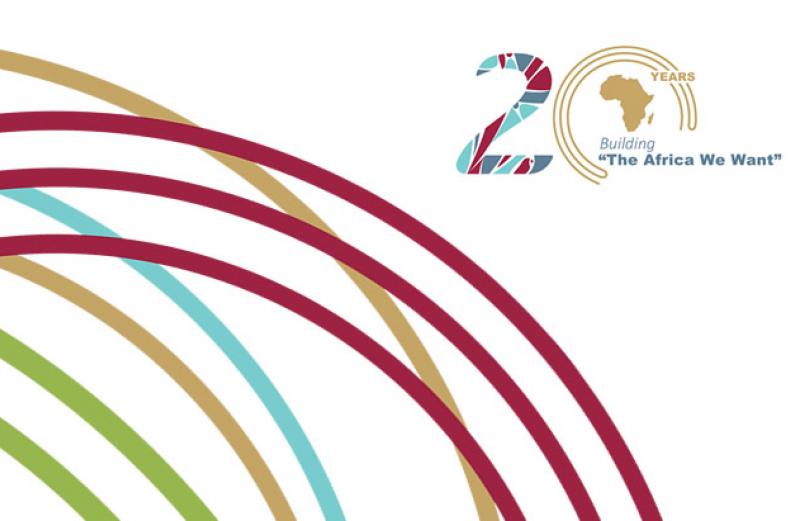Ressources
- février 14, 2025
-
février 12, 2025
38th AU Summit Program of Events
- septembre 10, 2024
- juillet 24, 2024
- juillet 21, 2024
- mai 13, 2024
- mai 13, 2024
- mai 09, 2024
- février 14, 2024
- janvier 12, 2024
- septembre 10, 2023
- juillet 16, 2023
- Page 1
- ››













